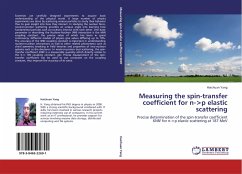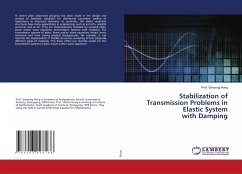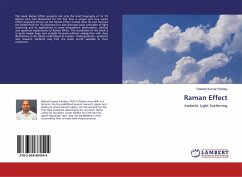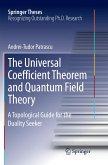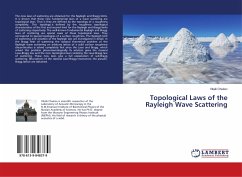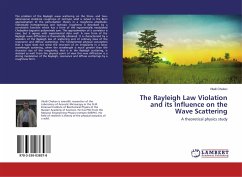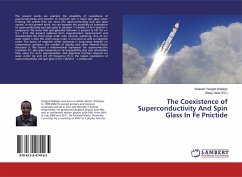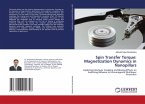Scientists use carefully designed experiments to acquire basic understanding of the physical world. A large number of physics experiments are done by scattering various particles to study their behavior thus to gain insight into how they interact. In studying the nuclear force, neutron-proton scattering provides an unique angle into learning how fundamental particles such as nucleons interact with each other. One basic parameter in describing the Nucleon-Nucleon (NN) interaction is the NN coupling constant, the precise value of which has been in great controversy. Different models of physics give values differing up to 10%. The accuracy of the NN coupling constant is important in understanding nucleon-nucleon interactions as well as other related phenomena such as chiral symmetry breaking in field theories and properties of two-nucleon systems such as the deuteron. In neutron-proton (np) scattering, the spin-transfer coefficient KNN' is a measurable quantity which directly relates to the +/- NN coupling constant, g2c. Precise measurement of the spin-transfer coefficient can be used to put constraint on the coupling constant, thus improve the accuracy of its value.
Bitte wählen Sie Ihr Anliegen aus.
Rechnungen
Retourenschein anfordern
Bestellstatus
Storno

